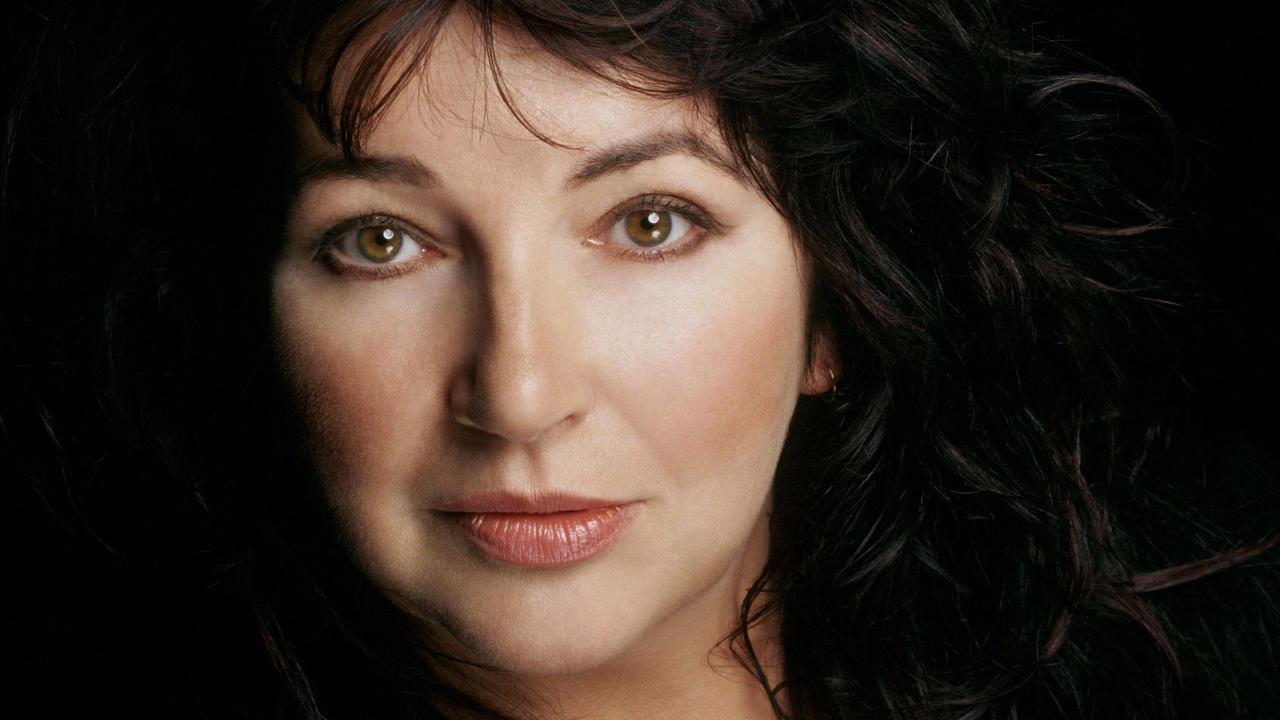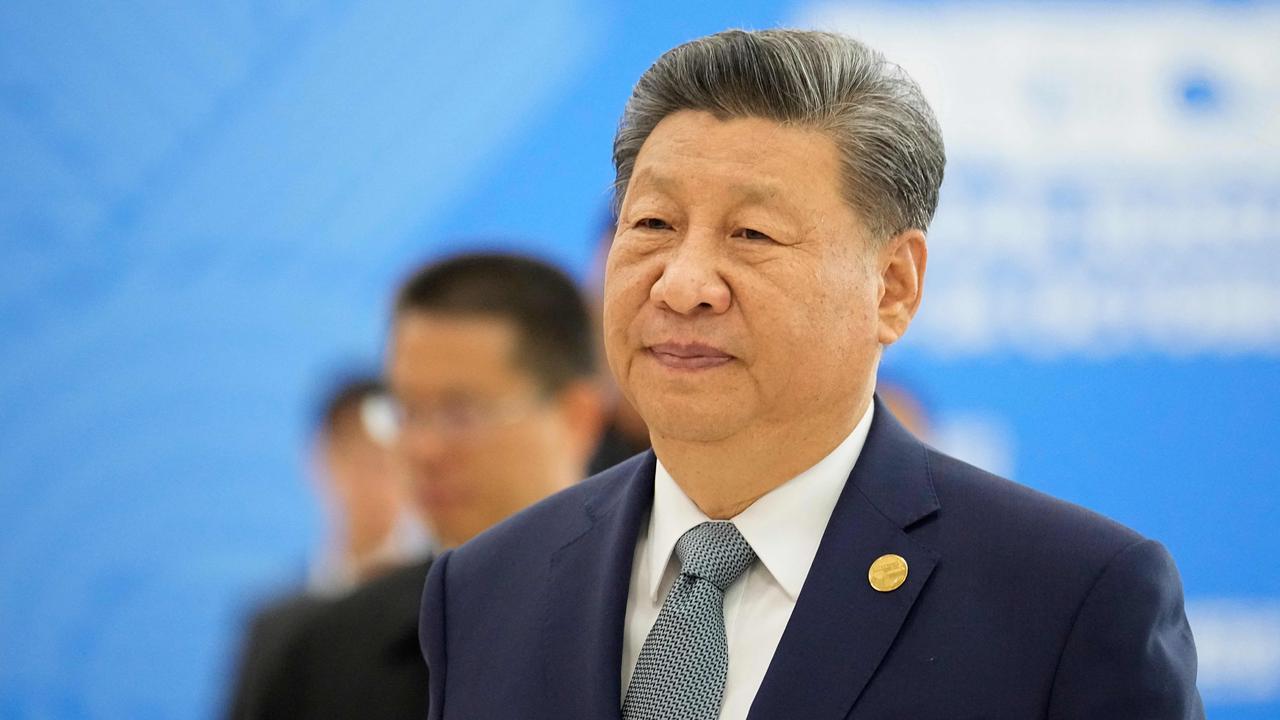Sex abuse trial ‘too stressful’ for diabetic Depardieu
Gerard Depardieu’s ill health forced a suspension in his trial on charges of sexual assault after its opening was hailed as a test of attitudes to the abuse of women in the French cultural world.
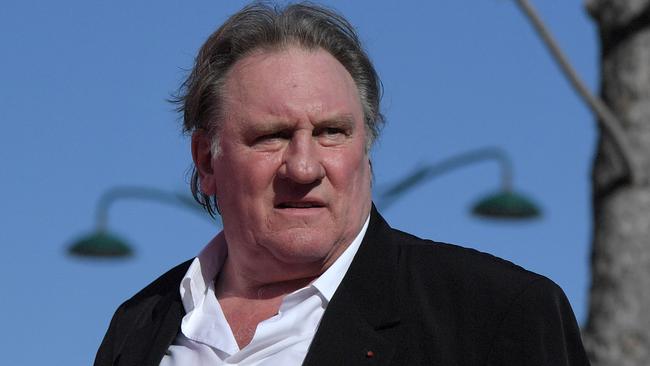
The ill health of Gerard Depardieu forced a six-month suspension in the actor’s trial on charges of sexual assault after its opening was hailed as a test of new attitudes to the abuse of women in the French cultural world.
Although he had vowed to be there, the 75-year-old screen star remained at home as his two accusers waited in court and other women who have alleged that he assaulted them watched from the public benches.
The judges accepted a request from Jeremie Assous, Depardieu’s lawyer, for the delay after he said the actor’s diabetes and heart condition barred him from the stress of a trial. “Unfortunately his doctors have forbidden him from appearing here today,” Assous said.
Lawyers for the two accusers and the prosecutor said they backed the delay, although the trial of the most important cinema figure caught up in France’s #MeToo movement could have gone ahead in his absence. It will do so in March if Depardieu is still unwell, the presiding judge said.
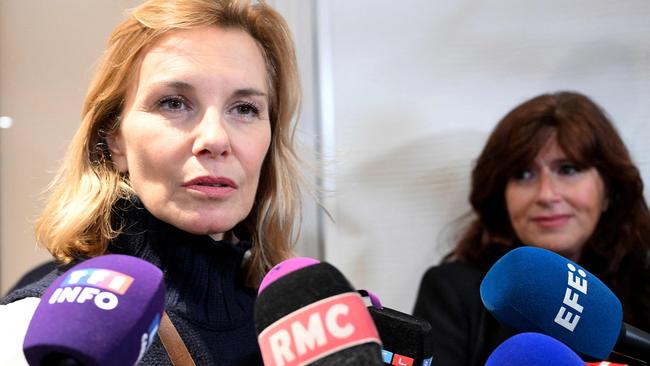
The judge ordered a health report in the new year and the accusers’ lawyers also called for a psychiatric assessment of the actor who has been accused publicly by 21 women of abuse and assault.
Assous said Depardieu, who denies all accusations and has been defended by President Macron and some leading figures in the cinema world, was disappointed because he wanted to clear his name. “He is anxious to defend himself because for over three years, a huge number of inaccuracies, false information and lies have been spread systematically,” Assous said outside the courtroom. “We have only had word from the prosecution. And now, finally, we’re going to be able to have the word of the defence,” he said.
Feminist activists and #MeToo campaigners who demonstrated outside the Paris court at the opening of the trial voiced disappointment and suggested the actor was shirking his responsibility. Anouk Grinberg, an actress who has spoken out against Depardieu’s reputation for abusive behaviour on film sets, suggested he may have been ashamed. “The aggressor has to pay and he has to understand the impact of his acts. Maybe that’s why he is not here today. Perhaps he has begun to understand.”
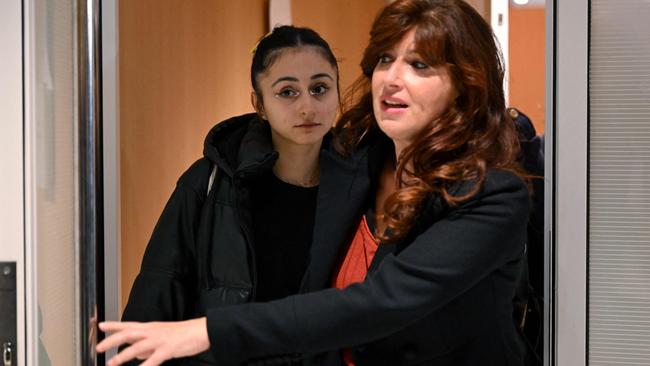
Grinberg had a role in Jean Becker’s Les Volets Verts (The Green Shutters) the film in which the two alleged assault victims were involved. A set decorator called Amelie and an assistant director in her 20s reported to police that Depardieu had grabbed them and groped their buttocks and breasts and subjected them to crude sexual banter while filming in a private house in Paris in 2021.
Leaving the courtroom, Amelie said she had been shocked by the “violence” of the statements from Depardieu’s lawyer. “I wasn’t expecting so much. He went on with enormous lies about everything. It was hard to digest,” she said.
Also in the court was Charlotte Arnould, who accused Depardieu of raping her when she visited his Paris home in 2018. Prosecutors finally recommended in August that Depardieu should stand trial on charges of raping her. A judge is now deciding whether to indict the actor or drop the case.
Activists outside the court insisted that the Depardieu trial must alert France to its longstanding tolerance of sexual violence by leading figures in the entertainment business.
“We’re here to say to Gerard Depardieu’s victims that ‘we are with you, all of you who have not had a trial, whose claims have not been accepted or were too afraid to report to police’,” Anna Toumazoff, a campaigner, said.
In a letter published in L’Humanite newspaper, 180 showbusiness and media figures voiced support for “Depardieu’s victims”. If convicted, the actor, who has starred in dozens of films since the early 1970s, faces a possible maximum of five years in prison.
The Times

